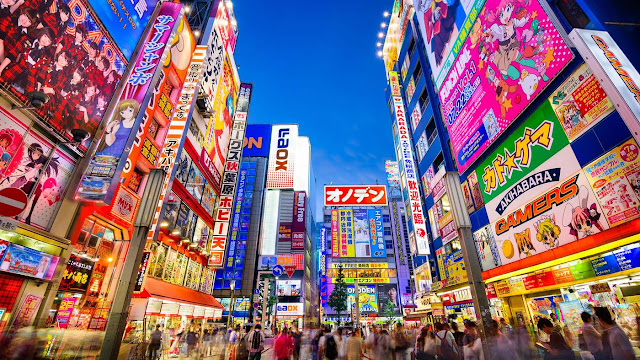Search This Blog
There are so many things that run through the human mind. In this blog I try to explore some of the topics that you might have not given any further introspection to because of other priorities. The ikr moment is when you agree with what I have to say in such an excited state that you find yourself in the ultimate state of utopic satisfaction.
Featured
- Get link
- X
- Other Apps
Freedom- A Dilemma
How does one define anything?
Nothing is true in its absolute form these days. every
single thing is based on influence and its surroundings. Nothing in absolution is actually relevant. The ever so slight flaw or imperfection is what
defines the world as it is today.
Even the simple pendulum is not so simple and even gases
have ideal laws. Definitions change because circumstance change and as former ICSE
student I truly know how perfect a definition is supposed to be, because one full
stop in the wrong place costs us the entire mark.
But that’s not how the world functions right. There are
tons of misplaced full stops everywhere and that’s what adds to the complexity
of this universe. Every imperfection is the start of a new chain of information,
a different angle in this seemingly infinitely intricate "small
world".
This begs the question - what even is ideal?
“Ideal” – is a model. It’s like the Directive principles
that Gandhiji left us with. It is basically a rulebook for utopia. Just like utopia does not have a rulebook
because it is so perfect, similarly the real world doesn’t have use for -
“ideal”.
Now that we have established that nothing in its true
nature is applicable in the real world-
How do we define freedom?
The dictionary elucidation of "freedom" is- the
power or right to do or say anything without anyone stopping you
But exactly how much freedom is true freedom. Does freedom
give you the right to carve a flint knife and stab anyone. Now there are some
lines that everyone understands should not be crossed but how much freedom
ensure that one stays in line. How much monitoring do individuals need, to
not tilt towards wrong doings? How much oversight does one require?
The cost of information
The biggest asset in the world is information. Anyone who
has information about something is truly king. Let’s take the most relevant
example. The sars-cov-2 required a vaccine and the company who could come up
with the solution would be billionaires overnight. Why is that? Its not only
because of the vaccine that they would put for sale but more because of the research
that they could sell for billions in profit. This research is the information.
To beat the competition, you need to move ahead and what
better way than to know what your competitor is up to. What if you could know their
action plan and methodology? That is the information that could be monetized.
It’s the price to pay for a capital that can push you ahead in this wild battle
of limited resources.
Having acknowledged the power of information, it is
suffice to say that world organizations could go to any extent to obtain it.
You are giving up your privacy and safety to one, just to
be protected from the other. Who monitors those who monitor us? We are only
human. Now the dilemma arises- are you truly as free as you believe you are.
It is fascinating how often times the nation as a whole
forgets (in a free country like India that is) that governments are formed for
the people.
“if you have nothing to hide, you have nothing to fear”
It is a compelling argument made by authorities. Now most law-abiding citizens would agree with it but the main reason it cannot stand, is because it is invasive and prone to abuse. In addition, allowing surreptitious surveillance of one, even for a limited scope, and for a particular contingency, encourages governments to expand such surveillance programs in the future.
There's always someone who breaks the system, someone who is better than the system. So, organizations take a step further to prevent this from happening. But this cycle continues...
Let's take the example of hacking.
A business sets up a secure network, but is then hacked. They find the vulnerabilities in the system and enhance their security. The hacker finds a more sophisticated way to crack the code. This cycle continues. No wonder today security firms have reached this level of refined advancement.
What is the transaction that you are willing to make?
Loss of privacy for "enhanced" security or a truer freedom. Now that is something to chew on.
- Get link
- X
- Other Apps
Comments


👏🏻👏🏻👏🏻
ReplyDelete